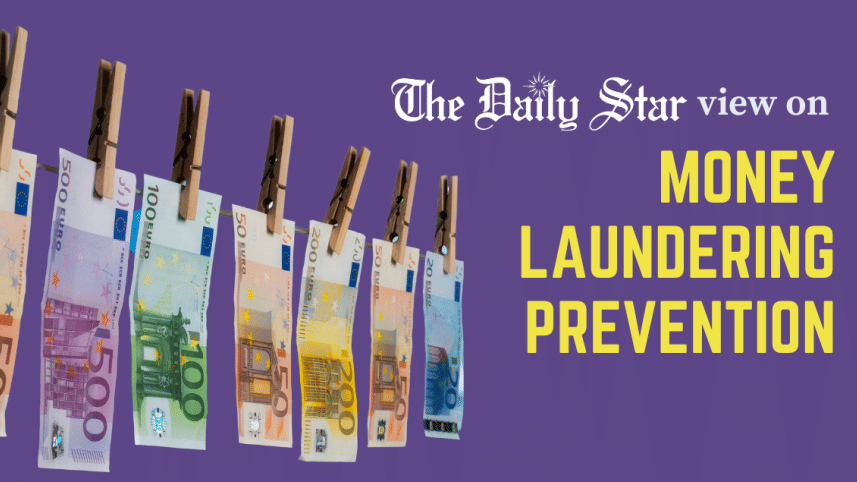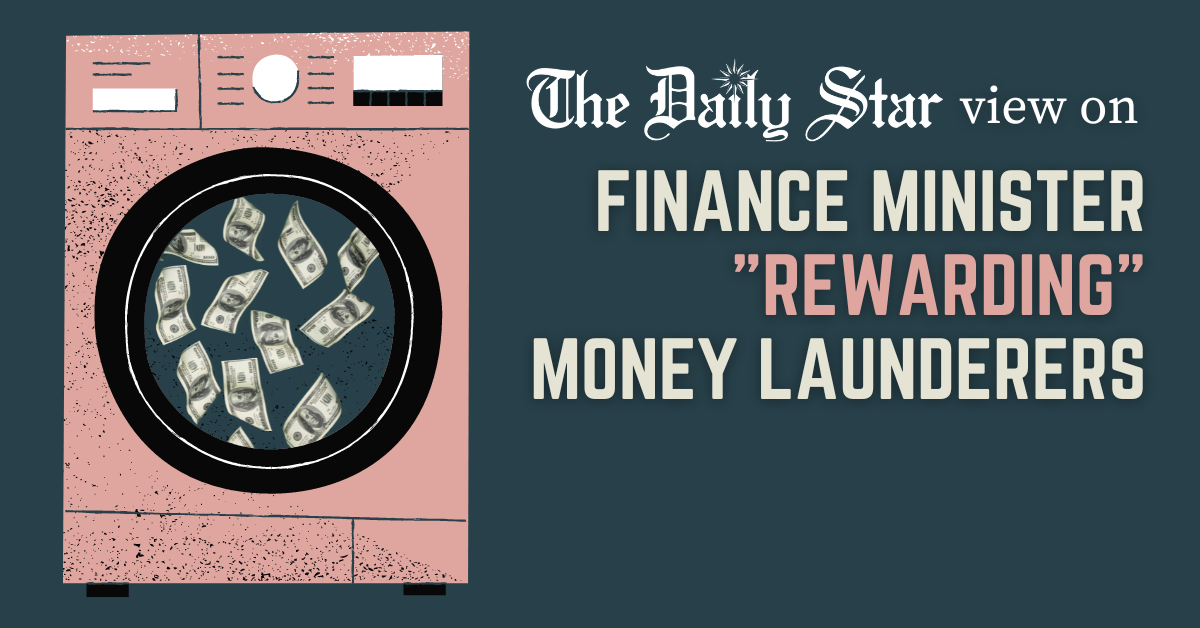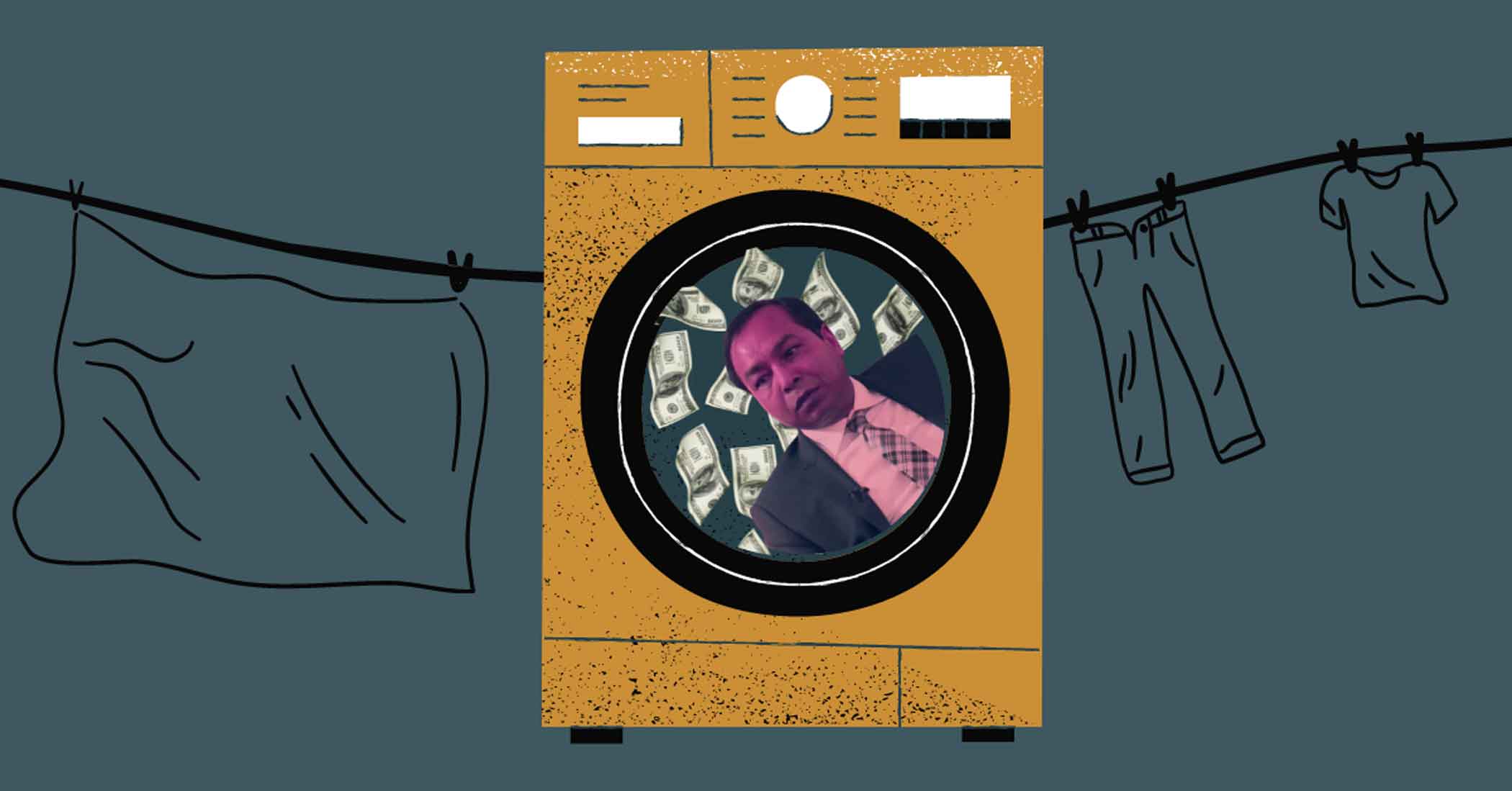Money launderers must be brought to book

At a time when money laundering is turning into a serious threat to our economy, the Swiss ambassador's comment on our government's activities, or lack thereof, in this regard is quite disquieting. She said that the government has "never sought any specific information" from Swiss authorities on the money deposited with Swiss banks by Bangladeshi citizens. How will the government get information on money launderers or take action against them if it doesn't engage with the authorities of major money-laundering destinations? According to the ambassador, Switzerland provided the government with all available information on how to reach an agreement on these matters, but the latter didn't take any action. This again exposes the lack of political will in Bangladesh to hold money launderers – who are often believed to be politically connected – accountable.
The Swiss ambassador's comment also contrasts the claim of the immediate past governor of Bangladesh Bank who, in June, said that they did not have any information that anyone from Bangladesh had smuggled money out of it and deposited it in Swiss banks. But according to the ambassador, the funds deposited by Bangladeshi clients with Swiss banks increased by nearly 55 percent to 871.11 million Swiss francs year-on-year in 2021. Was all of it done legally? The central bank authorities should clarify what information they based their conclusion on.
Although the names of some individuals and organisations involved in money laundering had been revealed in the Panama and Paradise papers, hardly any action has been taken against them. Last year, the High Court asked the authorities concerned about what steps had been taken against these money launderers. But the relevant agencies such as the Anti-Corruption Commission failed to submit proper information on them. The government's latest decision to allow money launderers to bring back money from abroad by paying only a nominal tax – 7-15 percent – has also been criticised by all concerned.
What the government needs to understand is that our failure to take action against money launderers is costing our economy dearly. Instead of protecting them or giving them tax exemptions, it should use all its channels to gather correct information on the money deposited illegally in foreign countries and bring it back to the country. Bangladesh has good bilateral relations with many of the countries where the money is laundered to – Switzerland is one of them. So we hope the government will ask the country for information on the money laundered and investigate it following proper procedure, which is needed to identify and punish them.



 For all latest news, follow The Daily Star's Google News channel.
For all latest news, follow The Daily Star's Google News channel. 


Comments